KS3 planning (general)
There are many different issues, both practical and pedagogical, subject specific, school-wide and national that must be considered in any teachers’ planning. In this section you will find research, articles, guides and resources that will support you to develop your planning as it relates to teaching history and helping pupils to make progress.
Sort by:
Date (Newest first) | Title A-Z
Show:
All |
Articles |
Podcasts |
Multipage Articles
-

Enabling Year 7 to write essays on Magna Carta
ArticleClick to view -
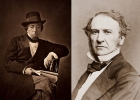
Engaging Year 9 students in party politics
ArticleClick to view -
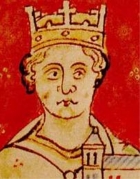
Cunning Plan 159: Was King John unlucky with his Barons?
ArticleClick to view -
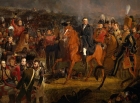
Assessing the Battle of Waterloo in the classroom
ArticleClick to view -
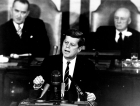
'But why then?' Chronological context and historical interpretations
ArticleClick to view -
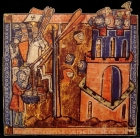
Getting medieval (and global) at Key Stage 3
ArticleClick to view -

Exploring the challenges involved in reading and writing historical narrative
ArticleClick to view -
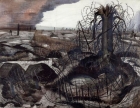
Helping Year 9 explore the cultural legacies of WW1
ArticleClick to view -

Cunning Plan 155: interpreting WW1 events
ArticleClick to view -
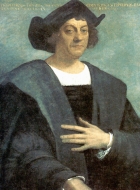
Combating a Cook-centric past through co-curricular learning
ArticleClick to view -

Unpacking the suitcase and finding history: doing justice to the teaching of diverse histories in the classroom
ArticleClick to view -

Cunning Plan 154: Who is buried in the box?
ArticleClick to view -
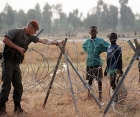
Bringing Rwanda into the classroom
ArticleClick to view -
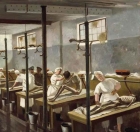
Learning lessons from genocides
ArticleClick to view -
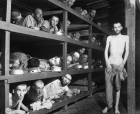
Can we educate Year 9 in genocide prevention?
ArticleClick to view -

Helping Year 9 debate the purposes of genocide education
ArticleClick to view -
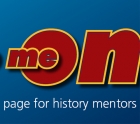
Move Me On 153: Teaching about genocide
ArticleClick to view -

Helping Year 9 evaluate explanations for the Holocaust
ArticleClick to view -

Developing awareness of the need to select evidence
ArticleClick to view -

Cunning Plan 152.2: using Gillray’s cartoons with Year 8
ArticleClick to view

